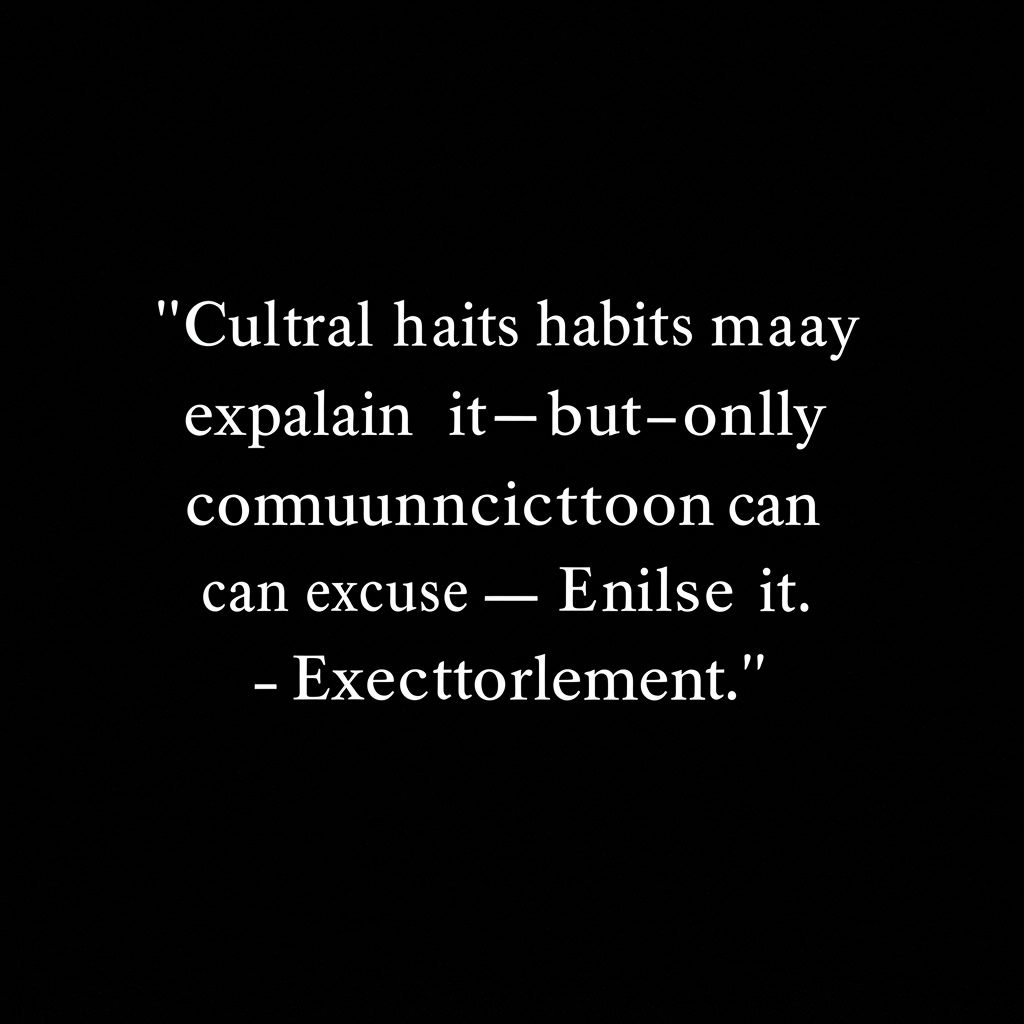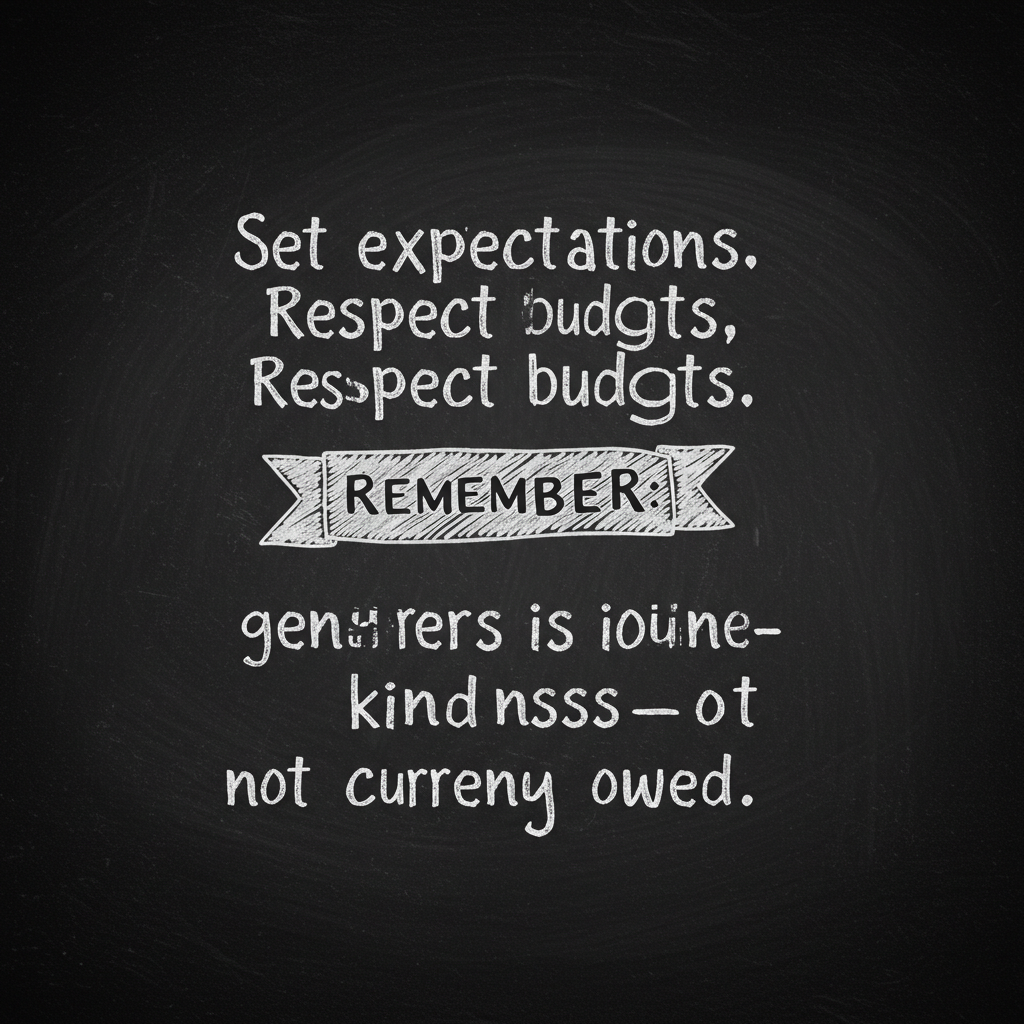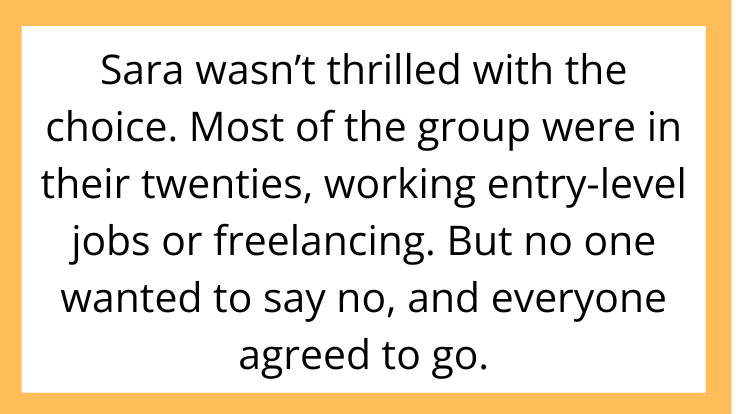AITAH for Not Paying for My Friend’s Birthday Dinner After She Invited Everyone to an Expensive Restaurant?
When birthdays become battlegrounds, friendships can quickly get complicated. In today’s AITAH-inspired drama, we explore the blurred lines between generosity, social pressure, and entitlement—through the lens of a birthday dinner gone sideways.
Was this friend right to expect her bill to be covered? Or did she go too far by assuming others would foot the bill for her luxury taste?
Let’s unpack it.
The Backstory: Birthday Dinner at a Pricey Spot

A 26-year-old woman—let’s call her Sara—posted on r/AITAH with a dilemma. Her longtime friend, Maya, was planning a birthday dinner and invited a group of eight people to celebrate. The twist? Maya chose a high-end restaurant where the average entrée cost $60.
Sara wasn’t thrilled with the choice. Most of the group were in their twenties, working entry-level jobs or freelancing. But no one wanted to say no, and everyone agreed to go.
The day of the dinner arrived. They enjoyed the food, laughed, toasted Maya’s birthday, and when the bill came… Maya didn’t even reach for her wallet.
“She just sat back and smiled,” Sara wrote. “Then she said, ‘You guys got this, right?’ Like it was obvious.”
The Disagreement: Generosity or Entitlement?

Sara was stunned. No one had discussed covering the birthday girl’s meal ahead of time. Maya never mentioned that the dinner was being “hosted” for her, and certainly never asked.
Sara, along with two others, quietly paid for her portion and left a generous tip. But she didn’t chip in for Maya’s $90 bill. Maya noticed—and later called Sara out for being “cheap” and “unsupportive.”
“She said I ruined the vibe and embarrassed her,” Sara wrote. “I told her if she expected us to pay, she should’ve said something before choosing the most expensive restaurant in town.”
Now, Sara is questioning herself. AITAH for not paying for my friend’s birthday dinner—even though I wasn’t told I was expected to?
Friends and Finances: When Expectations Aren’t Clear

The Case for Sara: Clarity is Key
Let’s be honest—choosing an expensive restaurant and expecting others to pay without warning them is presumptuous. Sara didn’t budget to cover someone else’s $90 dinner, and Maya never gave a heads-up.
The etiquette around birthday dinners varies wildly between social groups, but a general rule is: if you want others to pay for you, tell them in advance. Springing it on them at the table is uncomfortable and, frankly, manipulative.
Sara didn’t cause drama—she quietly paid her share and left. The only one who made things awkward was Maya, by assuming without asking.
The Case for Maya: Cultural and Social Norms

On the flip side, Maya may come from a background or friend circle where it’s common for the group to treat the birthday guest. Some cultures see this as the norm, and not doing so might be perceived as stingy or inconsiderate.
She might have genuinely believed her friends would cover her without question—especially since they agreed to attend at a restaurant she chose.
But does a cultural expectation excuse a lack of communication? That’s where it gets tricky.
Reddit’s Take: Communication Is Everything

Reddit was quick to side with Sara. The top comment read:
“NTA. If someone expects a free birthday meal, they should make that clear. You’re not an ATM.”
Others noted that this kind of behavior sets a bad precedent, especially when the meal location isn’t within everyone’s budget.
A few commenters defended Maya—barely. Some argued that if Sara had paid, she wouldn’t be in this drama at all. But even they agreed that assuming financial generosity without a heads-up is a poor look.
The Real Issue: Expectations vs. Reality

This situation boils down to assumptions. Maya assumed her friends would pay. Sara assumed everyone would pay for themselves. And because no one had a direct conversation, things spiraled.
Key Lessons:
-
Set expectations clearly. Whether you’re hosting, attending, or celebrating, communicate openly about financial responsibilities.
-
Respect people’s budgets. Just because you can afford a pricey night out doesn’t mean everyone else can—or should be pressured to.
-
Generosity is a gift, not an obligation. No one owes anyone a birthday dinner unless they’ve offered.
How to Avoid These Conflicts in the Future
If you’re planning a birthday event, here’s how to avoid an AITAH moment:
-
Say upfront if you expect the group to cover your meal.
-
Choose a budget-friendly venue if you’re unsure of everyone’s finances.
-
Consider hosting at home or offering multiple options (casual drinks vs. dinner) to include everyone.
-
If you’re attending and unsure about expectations, ask before you arrive.
The Verdict: Not the Villain

In this case, Sara isn’t the villain—she’s the one who respected her own financial boundaries. Maya’s expectations weren’t the issue; her failure to communicate them was.
Friendship and money can be a messy combo, but transparency goes a long way. You don’t need to foot the bill to prove your loyalty—you just need to be honest, respectful, and clear.



